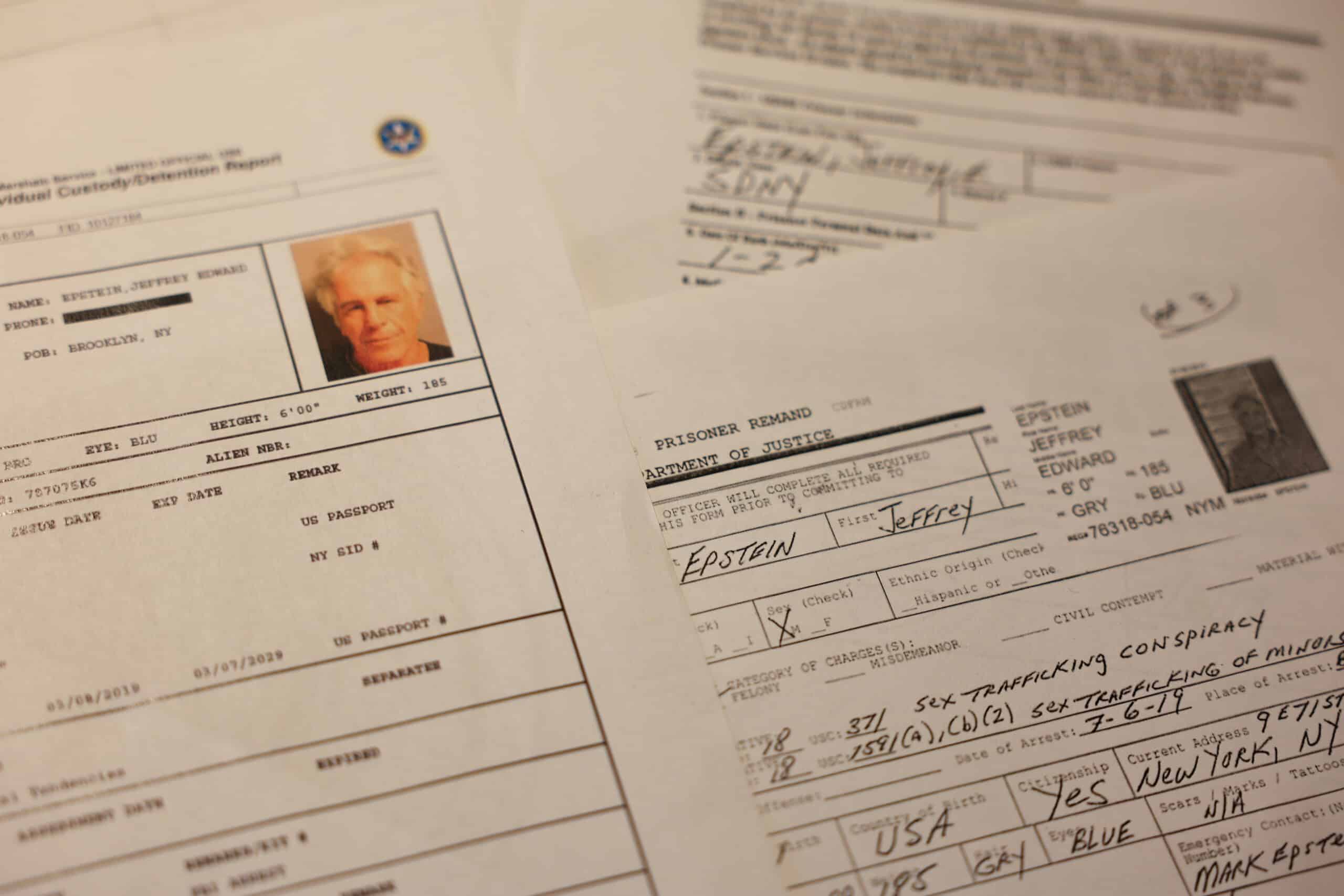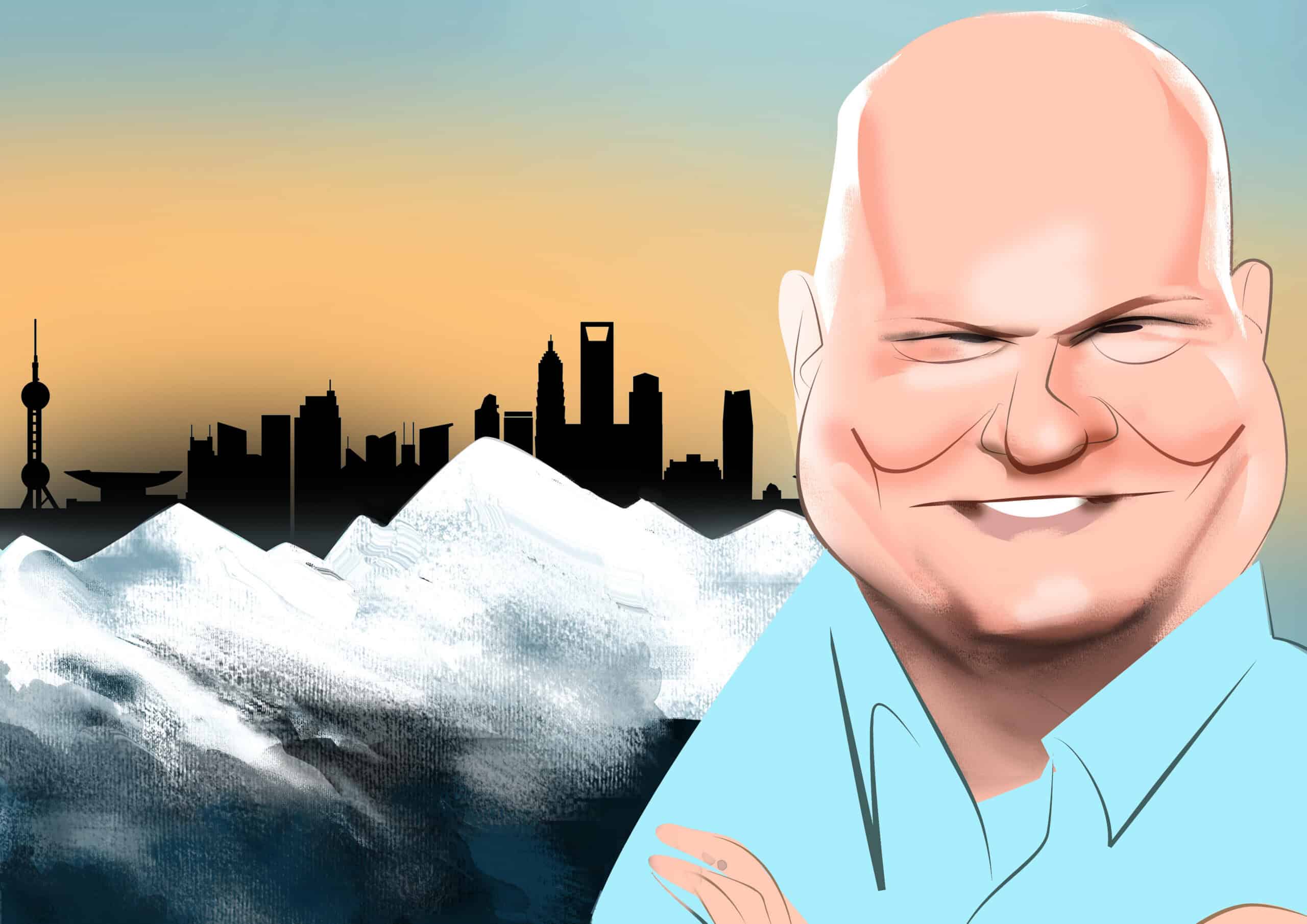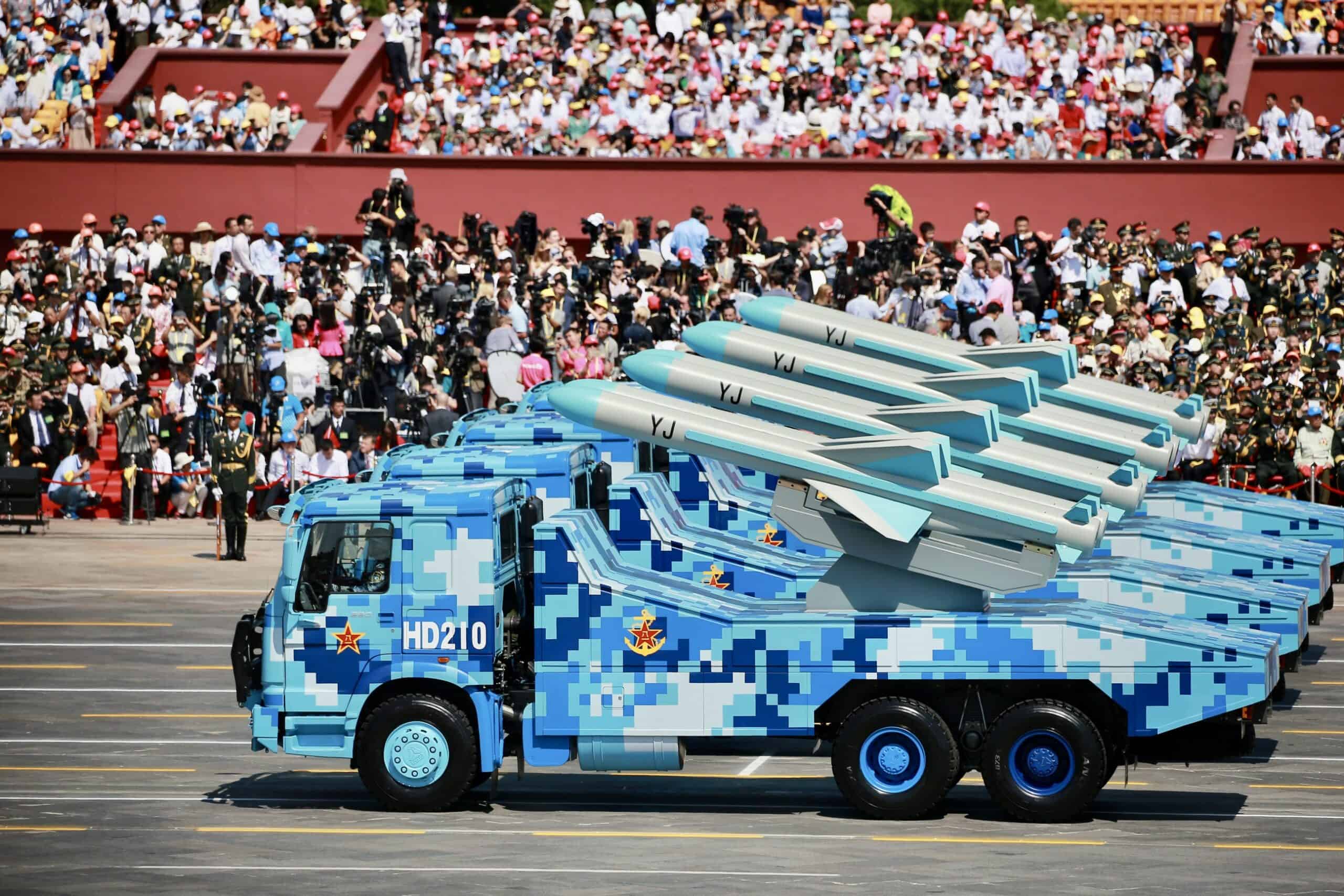Good evening. For Xi Jinping, to lose one of his six most senior military officers on suspicion of “serious violations of discipline” is unfortunate. But to lose two such generals — and possibly a third — on such grounds suggests something is seriously awry in the People’s Liberation Army. The 20th Central Military Commission, inaugurated less than three years ago, is headed by Xi. The other six generals who sit on it were his choices and, of these, two have been officially sacked while a third hasn’t been seen in public since March 11. The purge suggests that, even after more than a decade of discipline inspection campaigns, the scourge of corruption is endemic to the PLA. Barring systemic changes that Xi and the Communist party are loath to consider, Xi, it would seem, is fated to play an endless game of whack-a-mole.
Also in this week’s issue: The Big Picture looks at the tariff exemptions for medicines and medical equipment; the challenges involved in “stacking” tariffs; a Q&A with Paul G. Clifford about China’s logistics revolution; and Jeremy Wallace on green energy “megabases”. If you’re not already a paid subscriber to The Wire, please sign up here.
Want this emailed directly to your inbox? Sign up to receive our free newsletter.
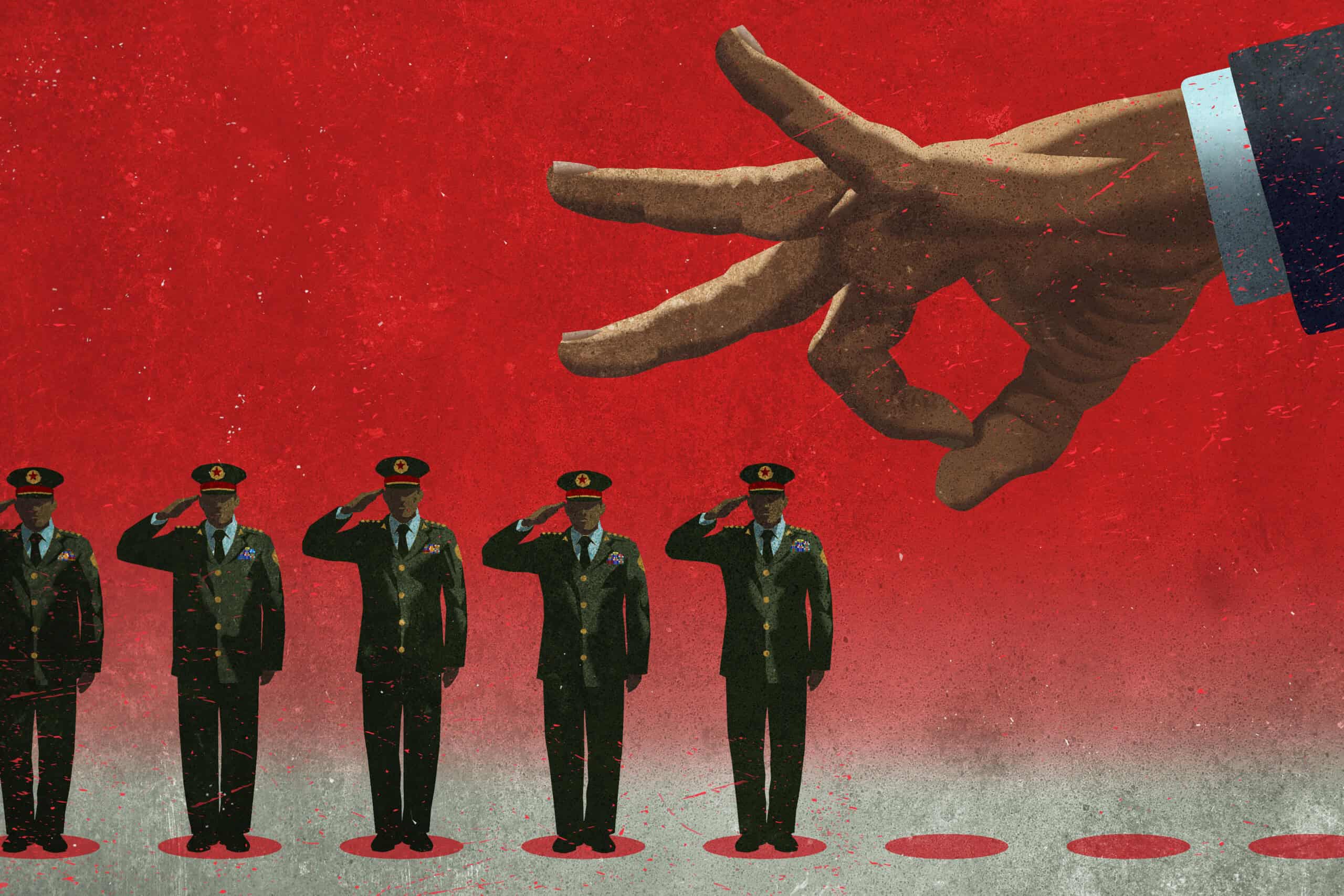
All the President’s Generals
President Xi Jinping’s anti-corruption campaigns have come full circle in the PLA. First he hunted his predecessors’ appointees. Now his own generals are falling. Eliot Chen examines “the largest purge of the PLA in modern Chinese history”.

The Big Picture: The Trade War’s Pharma Carve-Out
U.S. President Donald Trump exempted Chinese made antibiotics and other medicines from his tariff onslaught last month. The Chinese government, in turn, did not target U.S. pharmaceutical products and medical equipment as part of its counter-measures. The unusual truce, writes Noah Berman, is a sign of how interdependent the world’s two largest economies are when it comes to medicines and medical equipment. It is also rational and humane. The casualties of mutual tariffs in this sector, if implemented, would be very sick people whose lives depend on the U.S.-China pharmaceutical trade.
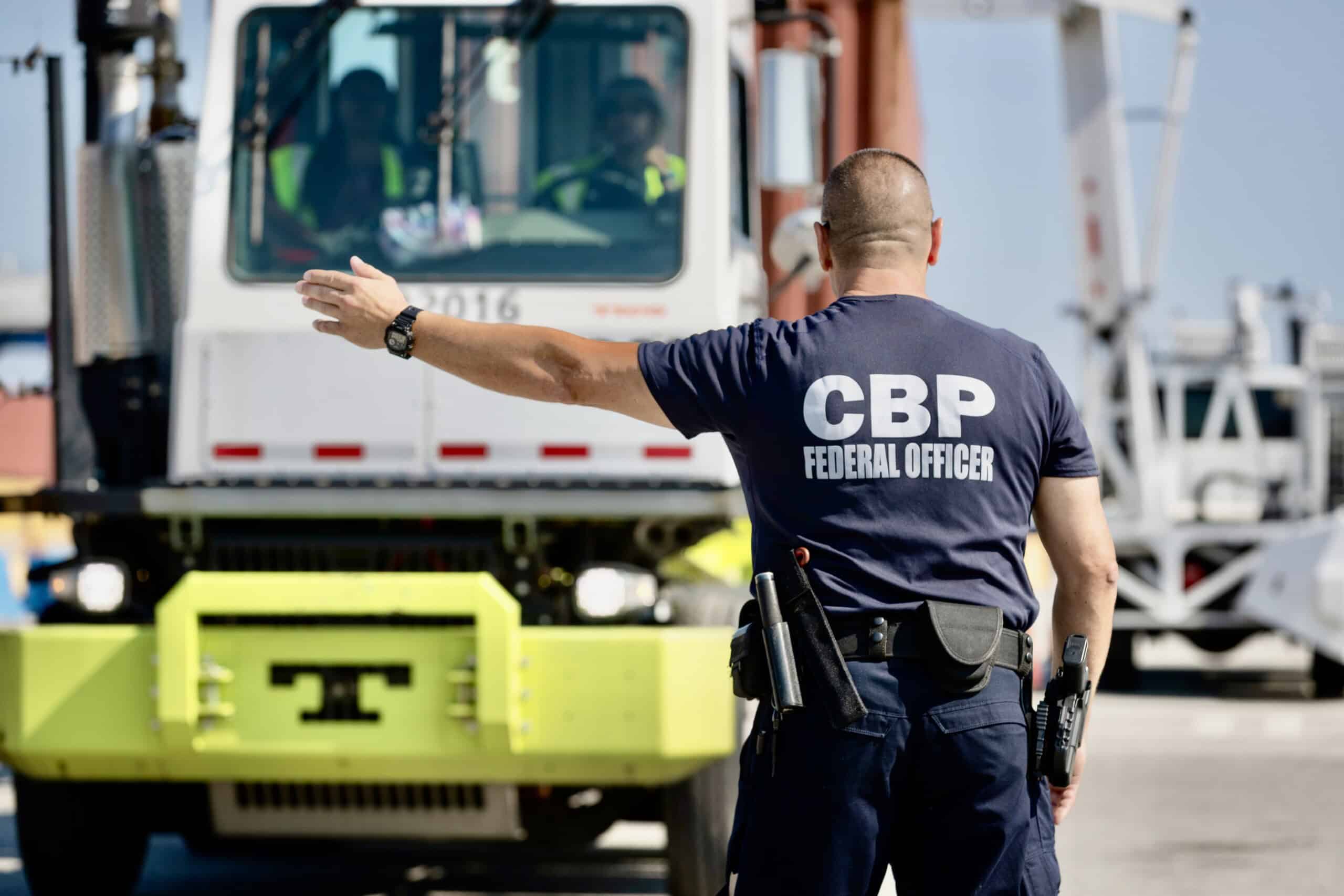
The Tariff Enforcement Test
Tariffs are simple in principle, enforcing them is not. Pity the U.S. Customs agents who must now calculate the portion of a China-made toy that contains steel, so they can then “stack” Trump’s steel duties on top of the toy’s base duty. Noah Berman explains the bureaucratic nightmare.
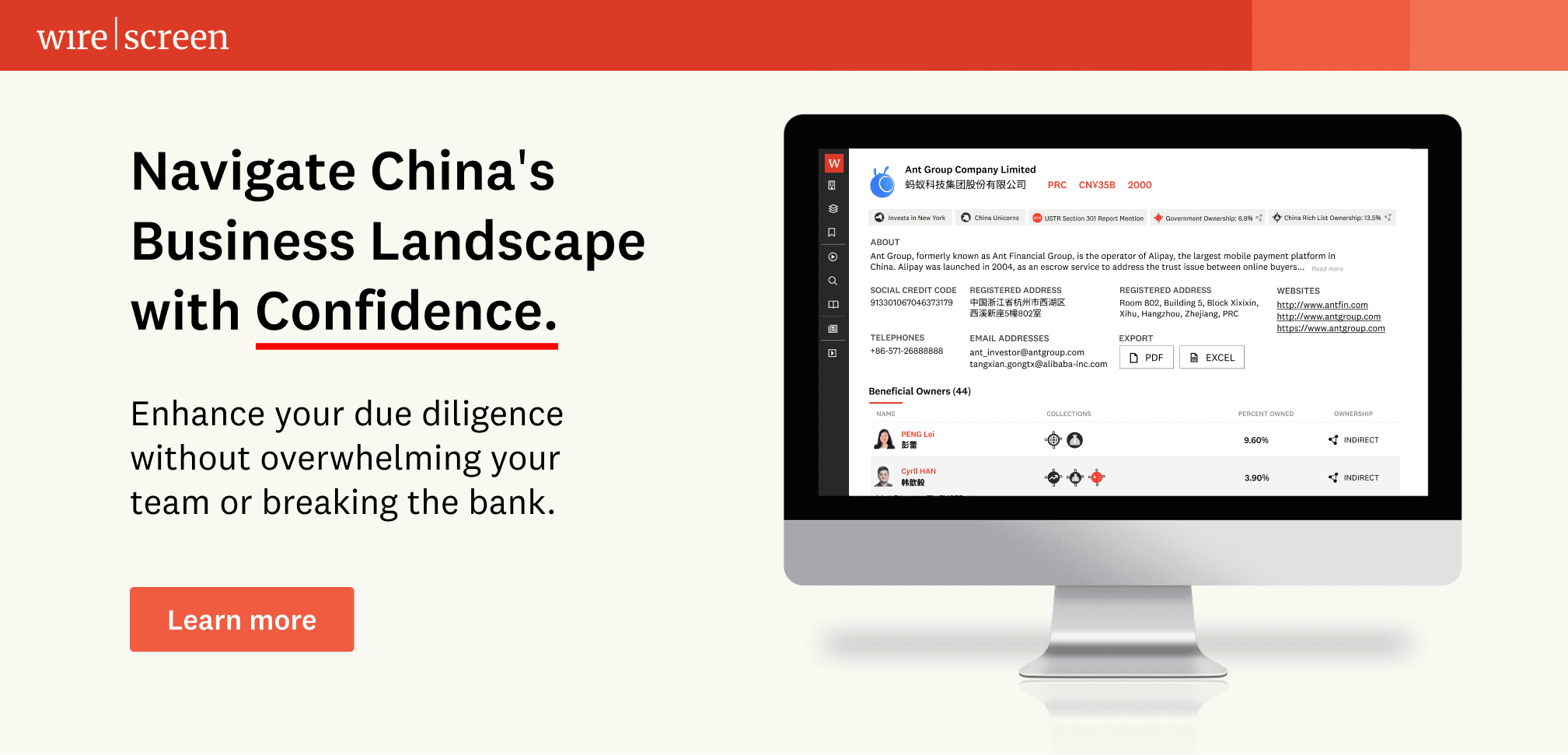
A Q&A with Paul G. Clifford
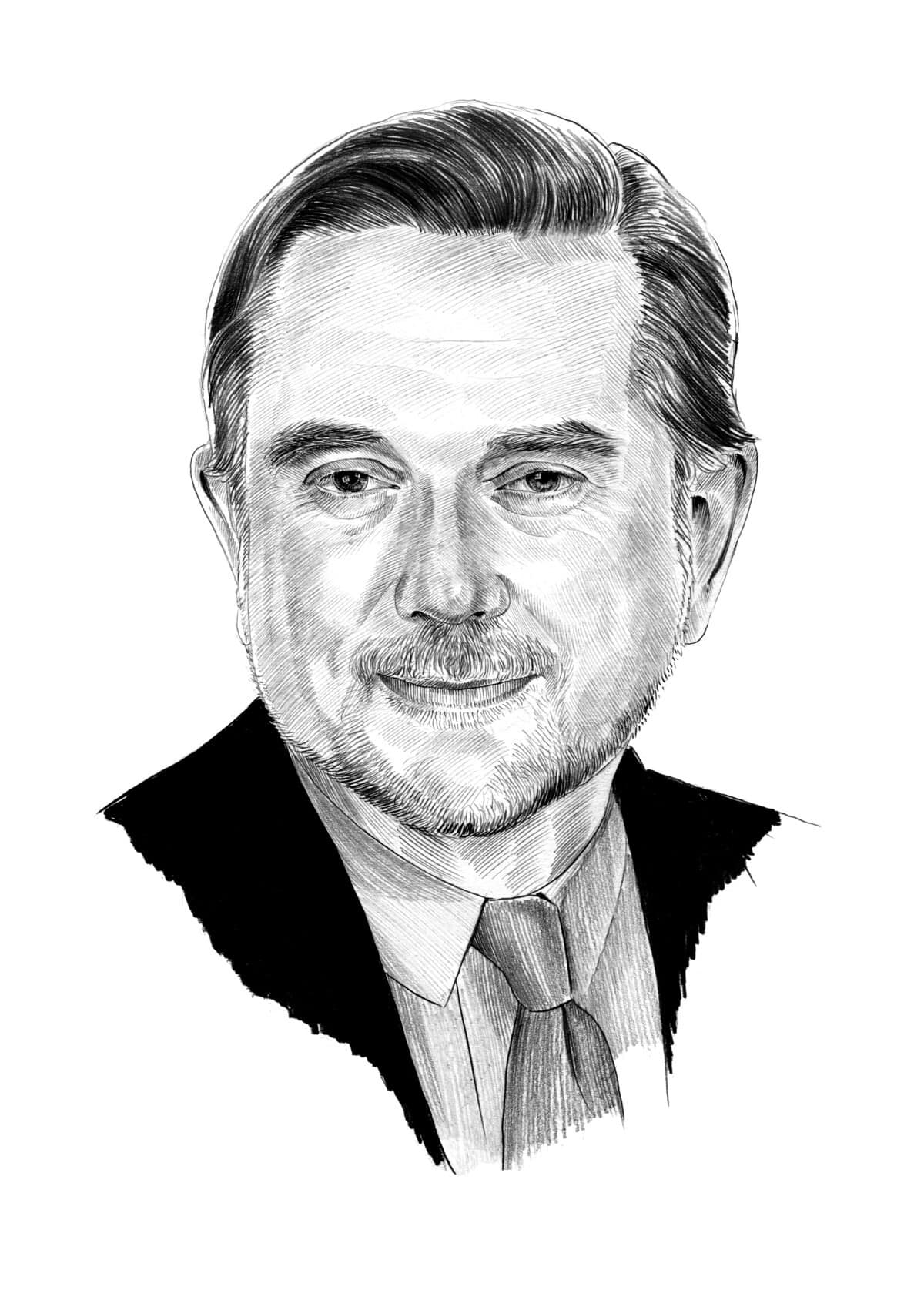
Paul G. Clifford studied in China during the Cultural Revolution and later worked in the country as a banker, consultant and technology executive, giving him a unique perspective on China’s incredible transformation over the past half-century.
His latest book is on China’s logistics industry. As Clifford tells Rachel Cheung, he can remember the days when Chinese warehouses were, more often than not, “appalling, wet and damp” and populated by rats. Now they are increasingly cutting edge as they gear up to compete with the likes of UPS, FedEx and DHL. Firms to watch, he says, include Jack Ma’s Cainiao, SF Express and state-owned Sinotrans. The last of these was a wreck when Clifford did consulting work for it at the turn of the century. Today it is a powerhouse with annual revenues of $16 billion.
Paul G. Clifford
Illustration by Lauren Crow
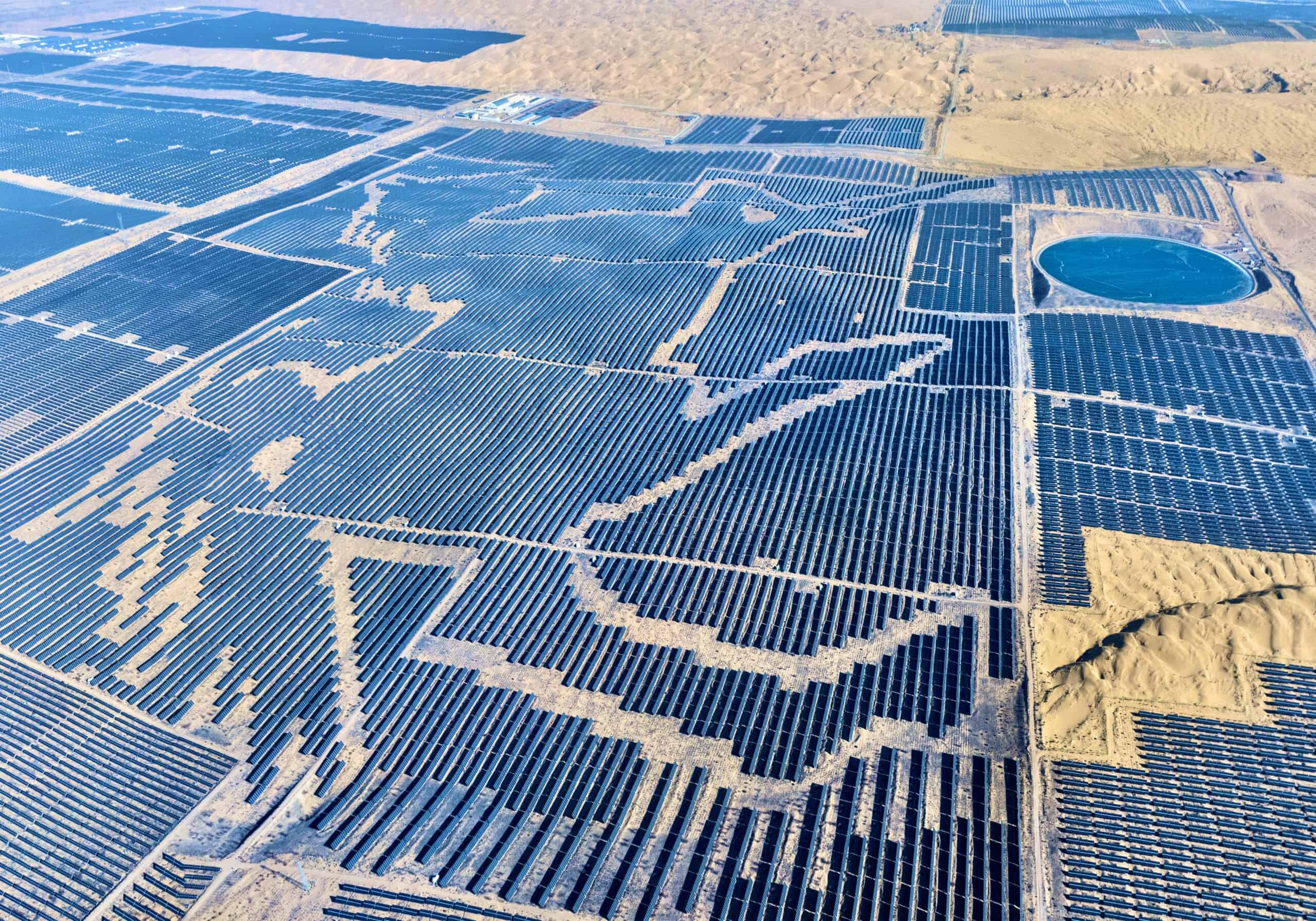
The Looming Power of China’s Energy Megabases
People travelling across what they think are vast, empty landscapes in China are increasingly likely to stumble upon a massive array of solar panels or wind turbines. These so-called green energy megabases have plenty of drawbacks, writes Jeremy Wallace, and may not be the answer to China’s fossil-fuel dependency and climate change. But in yet another potentially critical development area, China is at least trying hard and the U.S. is not.
Subscribe today for unlimited access, starting at only $19 a month.

